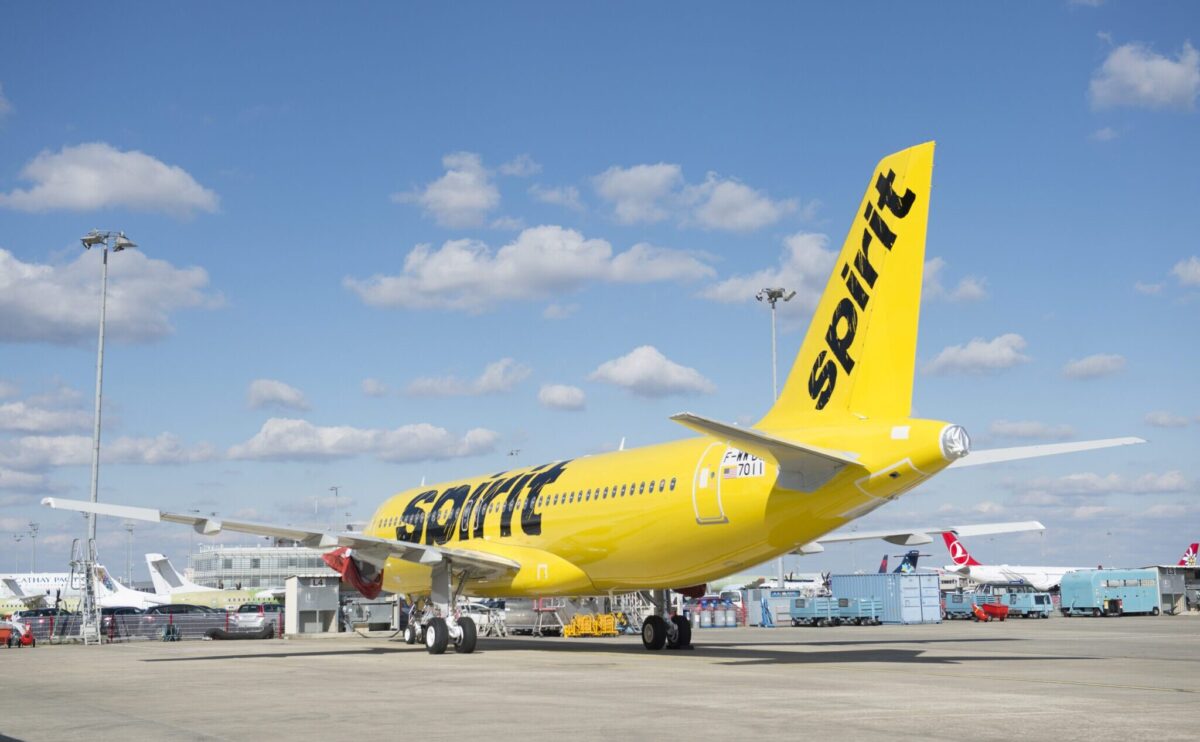Craft Brewery Hotel to Tap Into Local, Experiential Trends

Skift Take
San Diego-based Stone Brewing, the 10th largest craft brewer in the U.S., is entering the hotel business.
On August 11, the company, known for its famed “Arrogant Bastard IPA,” announced its plans to develop what it called a “brewery hotel.”
Stone Brewing is licensing its name to San Diego-based Untitled Hospitality, which will construct, own, and manage the estimated $26 million, 99-room hotel. It is slated to open in early 2018 in Escondido, California.
The hotel is expected to appeal to craft beer nerds and foodies with its bar-style lobby and in-room growler delivery service, and it will be next door to Stone Brewing World Bistro & Gardens – Escondido, a massive restaurant. For groups and events, it will also have an 8,000 square-foot ballroom and a 10,000 square-foot rooftop garden and pool deck. Guests will also have exclusive access to beers specifically produced just for guests.
Stone Brewing co-founder Greg Koch said the idea for a craft-beer-centric hotel had been brewing for some time. In 2011, the company initially announced plans for a hotel but those plans eventually faded due to concerns over funding and development.
“After originally envisioning a hotel on the property more than six years ago, we had put the project on permanent hold due to our need to focus on our core obsession of brewing,” Koch said. “When Robert [Cartwright, co-founder and CEO of Untitled Hospitality] and Untitled Hospitality approached us with the idea of them taking the ball and running with it, we found a partner who was fully engaged in the idea of executing on the Stone ideals, ethos, and creativity.”
Rooms at the hotel will have floor-to-ceiling windows and balconies. Other hotel amenities include a fitness center, access to walking trails throughout the 13-acre property, and priority seating and exclusive culinary experiences at the Stone Brewing World Bistro & Gardens – Escondido restaurant next door.
Why Build a Brewery Hotel?
The pairing of food and drink with hotels isn’t a new one, nor is the teaming of well-known restaurant brands (Hard Rock and Margaritaville come to mind, for example) and a hotel. Nor is the placement of craft beers or craft breweries inside hotels.
But the decision to develop and build a hotel devoted to a craft beer brand with a cult following is a new one, and it capitalizes on the global growth of and demand for craft beer tourism, which already has plenty of fans.
“I think the timing couldn’t be any better,” Robert Cartwright, CEO of Untitled Hospitality said. “If you look at Marriott and Starwood combining, and all those 30 brands, a lot of them are the same to me. They’re all trying to homogenize and it’s kind of expected.”
Cartwright used to work at Starwood as a general manager for various properties, as well as a senior director of room operations for Starwood corporate. He was also a general manager at a Renaissance hotel in Chicago.
The difference with Stone Hotel, he said, has to do with Stone’s unique branding proposition.
“What we’re doing with Stone is completely unexpected,” Cartwright said. “It’s challenging the status quo. You look at those brand like Moxy, AC, and what have you, but there’s nothing else out there like this brewery hotel of this scale.”
Craft beer tourism, as we’ve noted before, is big business, especially in the U.S. The Brewers Association said domestic sales of craft beers increased by 16 percent in 2015.
This foray into hospitality seems like a natural progression for an industry that's become so much more mainstream within the last few years, appealing to consumers’ discerning tastes for local brews.
And destinations throughout the U.S., from San Diego and Denver to Tampa Bay, Florida are capitalizing on consumers’ growing thirst for small-batch suds by developing travel experiences and marketing campaigns that revolve specifically around craft beer.
San Diego, where Stone Brewing is based, is one such destination. San Diego Tourism has compiled an online Craft Beer Hub publicizing its local brewers as “The Rebels of Brewing,” for example.
In Northern San Diego, the Stone Brewing’s brewery is the second-most visited destination, second only to the San Diego Wild Animal Park, Cartwright said, with nearly 1 million visitors annually. “It’s a tourist destination,” Cartwright said. “Building a hotel within the grounds of Stone is a phenomenal business opportunity.”
He added that the growing accessibility and popularity of craft beer makes it an ideal experiential add-on for the hotel. “People will drink a craft beer and want to tell their friends about it,” he said. “Craft beer is more approachable and accessible than wine, for example. It’s really centered around a sharing community. I don’t see this as a fad. People will continue to want differentiated artisanal experiences that aren’t homogenized or pre-programmed.”
Cartwright, however, was quick to point out that the hotel isn’t just about craft beer.
“The craft beer drinkers aren’t the only people who will stay here,” he said. “There are people out there yearning for something different in a hotel, and beer is just one component of it.” He said he thinks the hotel has an opportunity to do plenty of group and wedding business, in addition to appealing to independent business travelers.
Cartwright was also adamant about emphasizing that the Stone Hotel isn’t a “boutique” or “lifestyle” hotel, either, nor will it ever be a chain or part of a larger hotel group's soft-brand collection.
“We’re not using the word ‘boutique’ or ‘lifestyle’ to describe this,” he said. “We will never be part of a soft brand like Autograph Collection, Tribute Portfolio, or The Luxury Collection. This hotel would fit right within the wheelhouse of an Ace Hotel or a Design Hotel,” he said. “We don’t think there’s a need to be associated with any of the big brands.”
But Are Craft Beers Just Too Mainstream Now?
Will Cartwright’s belief in the craft beer movement’s uniquely unconventional stance withstand the amount of mainstream appeal it has gathered in the past decade? If craft beer is as ubiquitous as it is now, will there be an eventual saturation point in consumer desire?
What began as a small-batch revolution in the mid-1990s has now become a huge business, and the craft beer industry — not unlike the hotel industry itself — has seen incredible amounts of consolidation and merger and acquisition activity over the past year.
The big beer companies have each purchased a number of craft brewing companies within the last year, the biggest transaction taking place when Constellation Brands, the company behind Corona, Negra Modelo, and Pacifico, bought San Diego’s Ballast Point for $1 billion.
Stone Brewing’s foray into hospitality comes at a time when its own company is expanding rapidly, with more than 1,100 employees, new brewery locations in Richmond, Virginia, and Berlin, and upcoming taprooms and stores throughout California.
Although Stone co-founder Koch insists he’d never “sell out” his company to one of the bigger beer outfits, the company has taken considerable funding from private equity firms such as VMG to back its many expansion projects.
If craft beer, or Stone Brewing more specifically, loses its appeal as a cult brand following, will that hurt — or possibly boost — the Stone Hotel’s success? It’ll be interesting to see how it all plays out.




